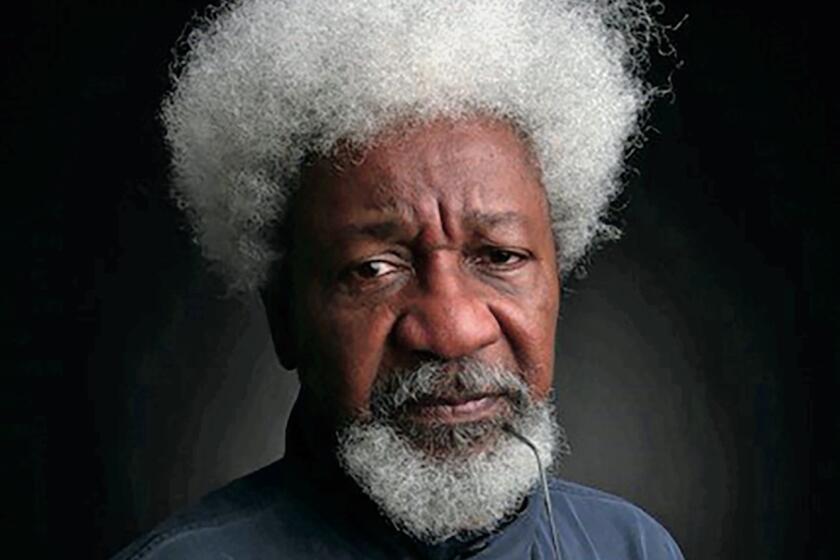5 books to start you off with Nobel Prize Literature winner Abdulrazak Gurnah
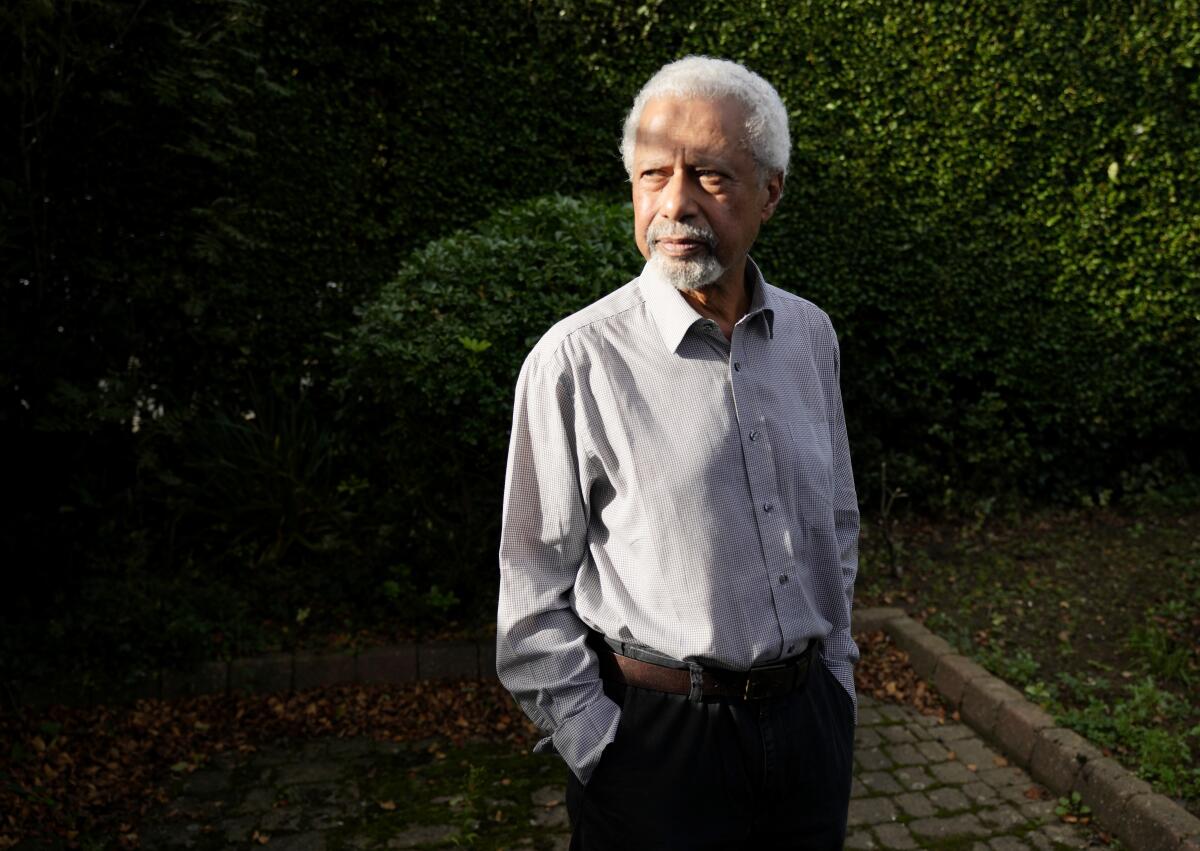
On the Shelf
A Preliminary Abdulrazak Gurnah Reading Guide
If you buy books linked on our site, The Times may earn a commission from Bookshop.org, whose fees support independent bookstores.
Abdulrazak Gurnah, announced Thursday as the winner of the 2021 Nobel Prize for Literature and the first winner of the award from East Africa, may not have been a household name. (His earlier novels were published by the smaller, independent New Press.) All the better for readers to discover him now.
Gurnah, who was born in Zanzibar in 1948 and has lived in England since arriving as a refugee in the 1960s, is one of the most subtle and perceptive writers of our postcolonial world and its uprooted lives. For decades, his novels have created an intoxicating, complex tapestry out of the experiences of colonialism, revolution, exile and migration, stretching from German-occupied Tanganyika in the early 19th century to 1970s Zanzibar and contemporary England.
Tanzanian writer Abdulrazak Gurnah wins the Nobel Prize for literature for works that explore the effects of colonialism and the plight of refugees.
But the question remains: Where do you start? Here are a few suggestions to get a curious reader going:
“By the Sea” (2002)
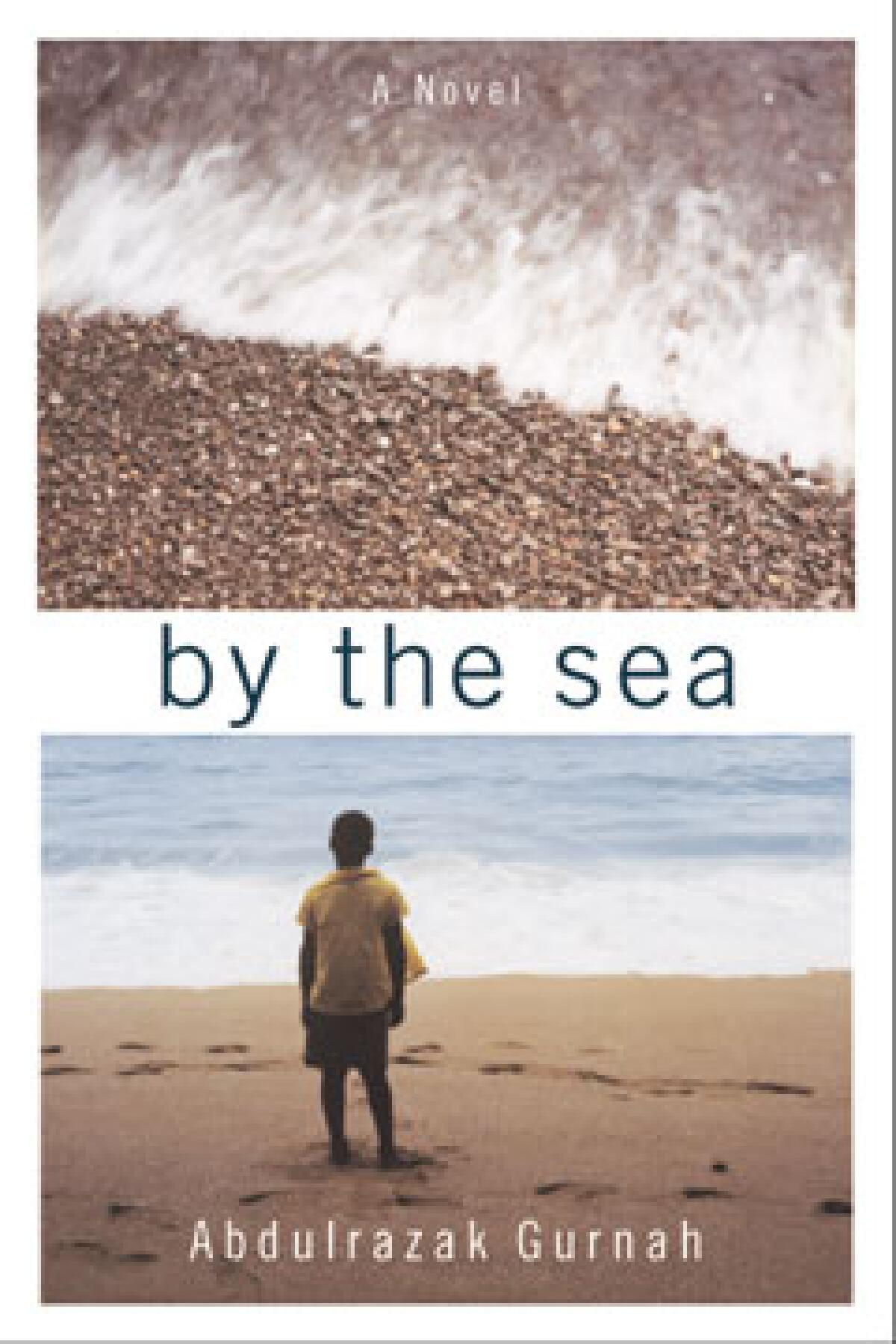
No other novel, for me, captures the longing and loneliness of the African refugee in the U.K. quite as powerfully as “By the Sea,” which was longlisted for the Booker Prize and shortlisted for the Los Angeles Times Book Prize. Who are Saleh Omar and Latif Mahmed, and what is it about their shared history in Zanzibar that binds them together? And where in England — besides the cold and lonely seaside — can they find a sense of belonging that reminds them of their island home?
“Gravel Heart” (2017)
Gurnah’s latest novel to be published in the U.S. (“Afterlives” was released in the U.K. last year), “Gravel Heart” also covers great distances in intimate details: It is the story of Salim, a young dreamer, who leaves behind the upheaval of 1970s Zanzibar to join his diplomat uncle in England. Again, family secrets bubble to the surface and, for Salim, finding one’s way in the world turns out to be more complicated than he imagined.
Desertion A Novel Abdulrazak Gurnah Pantheon: 266 pp., $23
“Admiring Silence” (1996)
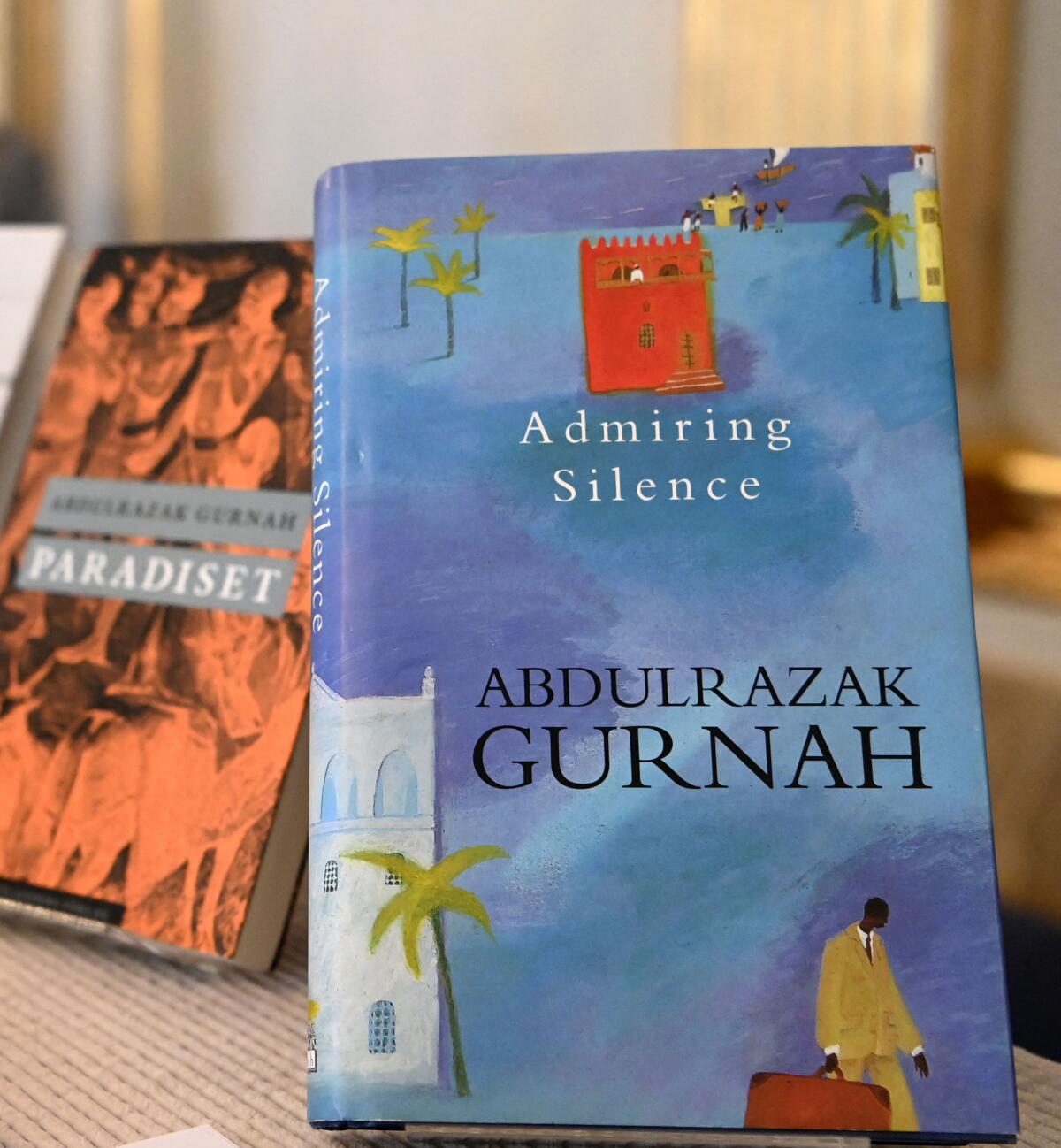
Gurnah’s works often revolve around ideas of silence and the intricate, half-buried stories characters carry arond the world with them. In “Admiring Silence,” these themes are teased out through a reverse journey: A Zanzibari man, long settled in England and married to an English woman, returns to Zanzibar and begins to confront his own fictions of the past.
“The Last Gift” (2014)
The author focuses, in “The Last Gift,” on England and two siblings, Jamal and Hanna, who were raised in Norwich by a Zanzibari father and an English mother. They know little of their father’s past in Zanzibar, or indeed of his travels around the world as a sailor. It’s only in his dying days that they begin to piece together some of the secrets that shaped his life and continue to color theirs.
“Paradise” (1994)
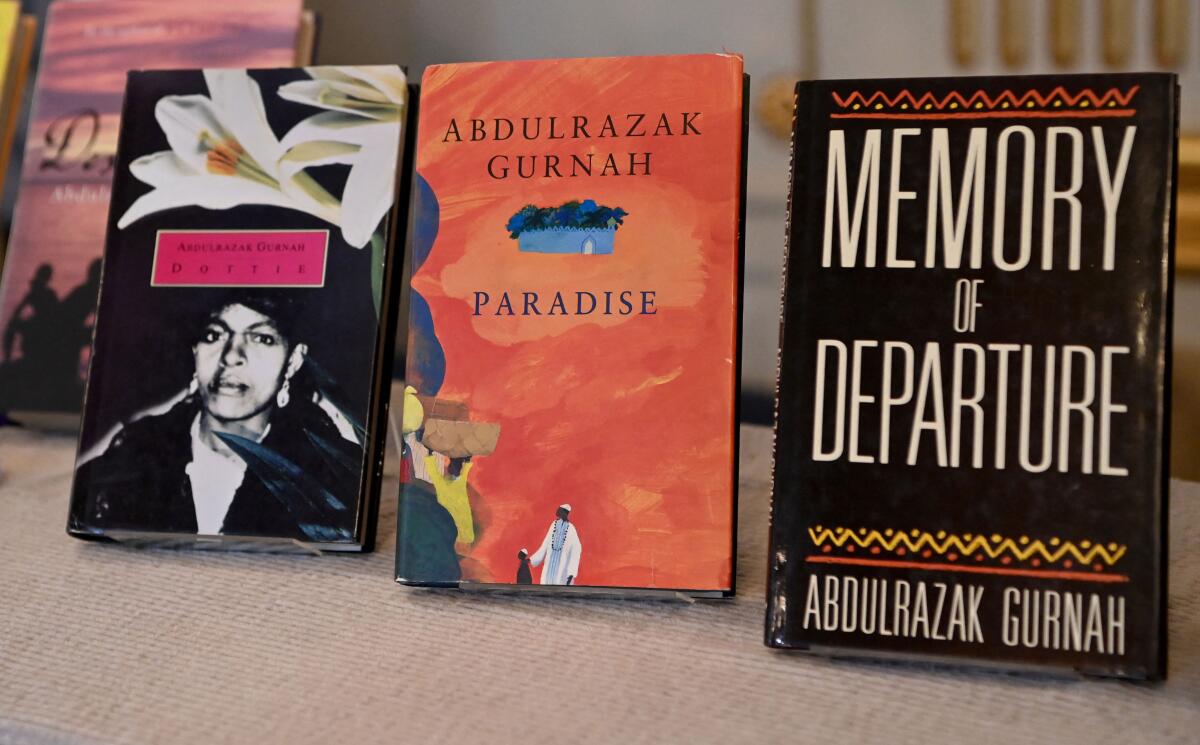
Shortlisted for the 1994 Booker Prize, “Paradise” is a portrait of East Africa on the brink of epic change — as the forces of German colonialism encroach on the lives of African villagers in Tanganyika — seen through the eyes of a 12-year-old named Yusuf. Gurnah masterfully interweaves Yusuf’s story with the larger historical forces transforming the continent, all in a lush, seductive language that revels in its powers of storytelling. It was an early sign of what the Swedish Academy would finally come to recognize a quarter-century later.
The Nigerian writer, the first sub-Saharan winner of the Nobel Prize, discusses ‘Chronicles from the Land of the Happiest People on Earth.’
Tepper has written for the New York Times Book Review, Vanity Fair and Air Mail, among other places.
More to Read
Sign up for our Book Club newsletter
Get the latest news, events and more from the Los Angeles Times Book Club, and help us get L.A. reading and talking.
You may occasionally receive promotional content from the Los Angeles Times.

